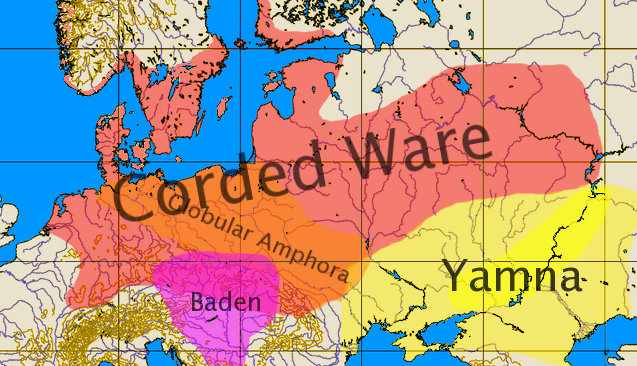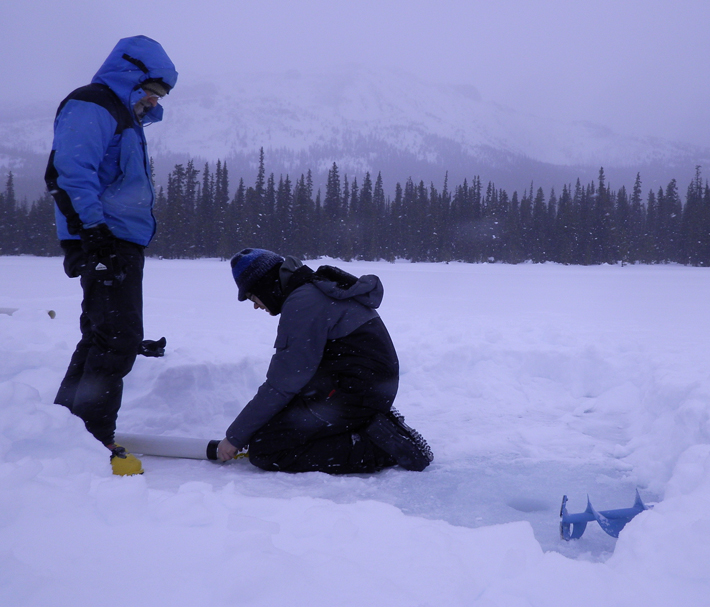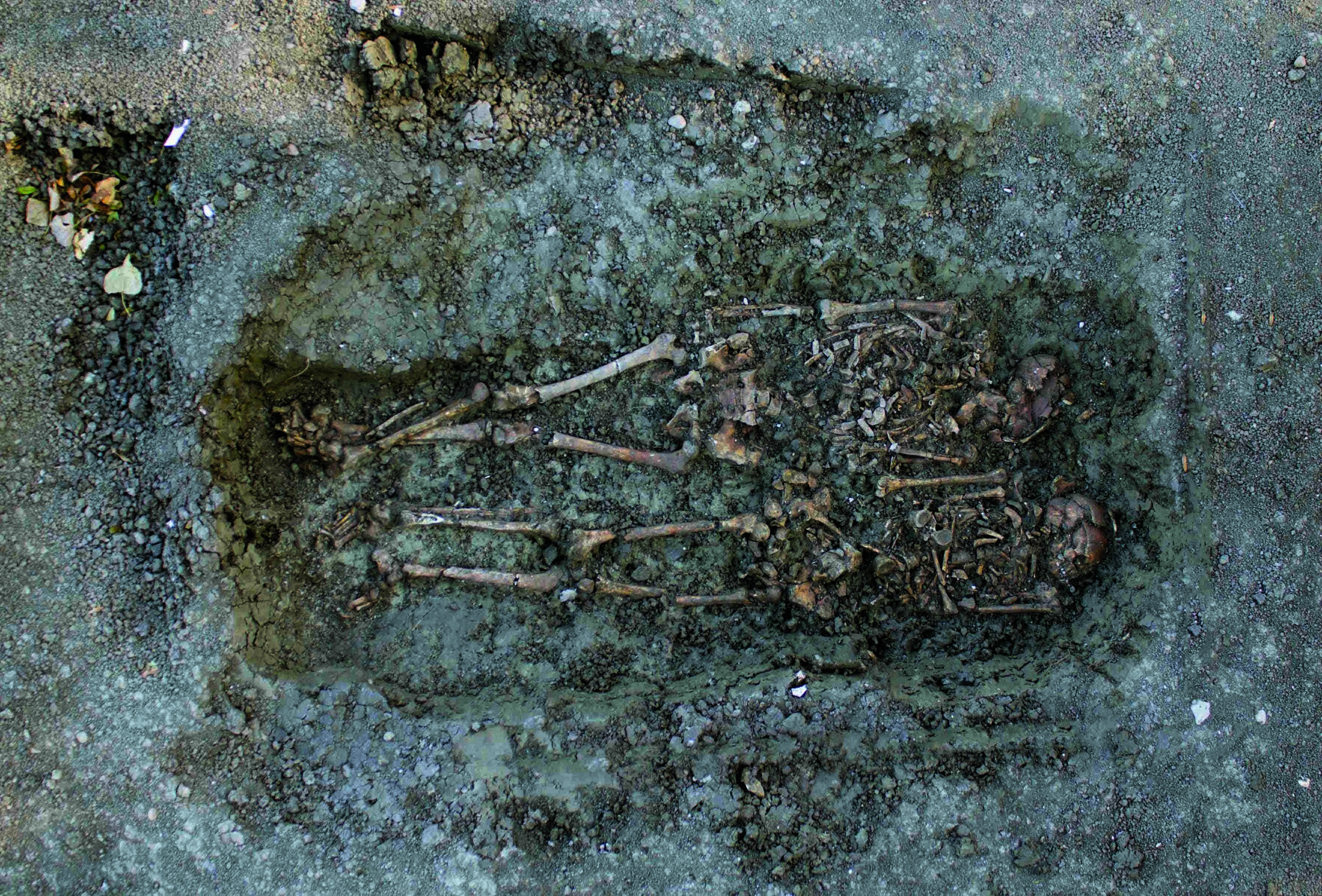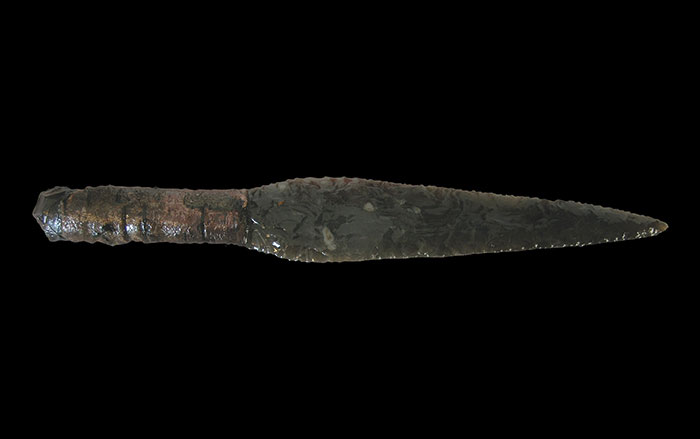
BOSTON, MASSACHUSETTS—According to a report in Nature News, a study of nuclear DNA from the remains of 69 individuals who lived across Europe between 8,000 and 3,000 years ago, and the genome data of another 25 ancient Europeans, has uncovered evidence of a previously unidentified migration of people into Europe from the east. The research team, led by David Reich of Harvard Medical School, discovered that the DNA of the Yamnaya, 5,000-year-old steppe herders in western Russia, was a close match for 4,500-year-old individuals from Germany’s Corded Ware culture. Contemporary northern Europeans, including Norwegians, Scots, and Lithuanians maintain the strongest genetic link to the Yamnaya, but Reich’s team says it’s possible that the Yamnaya completely replaced populations in what is now Germany. Reich adds that the data supports the idea that at least part of the Indo-European language family was spread by the steppe herders. The domestication of horses and the invention of the wheel would have allowed them to travel long distances. To hear what Proto-Indo-European would have sounded like, see "Telling Tales in Proto-Indo-European."









